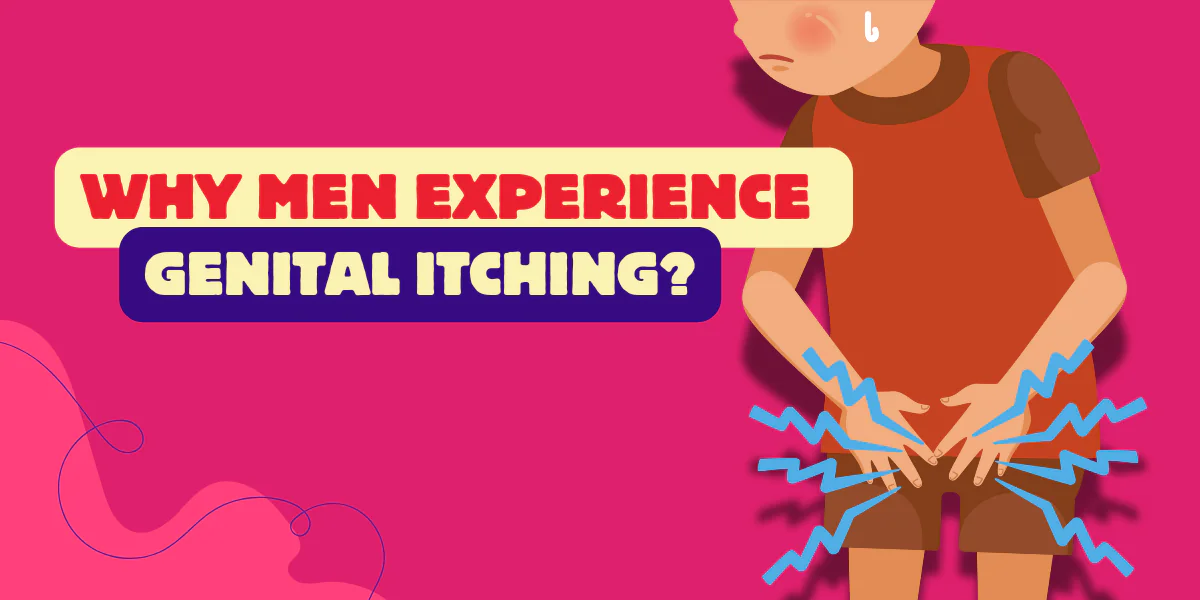A gray beard can be a sign of wisdom and maturity, but when it happens too early, it can be concerning. Premature greying of facial hair is a common issue many men face, and it can affect confidence. If your beard is turning gray earlier than expected, understanding the underlying reasons can help you manage it better. Here are seven possible causes of a premature gray beard and what you can do about them.
Stress Levels Might Be to Blame
Stress is known to impact overall health, including hair pigmentation. High stress levels trigger the production of cortisol, a stress hormone that can interfere with the production of melanin—the pigment responsible for hair color. This can cause both scalp hair and beard to turn gray prematurely.
Tip: Incorporate relaxation techniques like yoga, meditation, or deep breathing exercises into your daily routine to manage stress. Practices like pranayama, commonly known in India, can be effective in reducing stress and improving overall health.
Genetics Play a Significant Role
Genetics is one of the most common reasons for premature greying of hair. If your parents or grandparents experienced early greying, it’s likely that you might too. Genetic factors can cause a reduction in melanin production, leading to gray hair at an early age.
Tip: While you can’t change your genetics, you can focus on maintaining a healthy lifestyle to support overall hair health. Eating a balanced diet and taking care of your hair can slow down the greying process.
Vitamin B12 Deficiency Can Cause Premature Greying
Vitamin B12 is essential for healthy hair growth, and a deficiency can cause hair to lose its pigment. It is particularly relevant in India, where vegetarian diets can sometimes lack sufficient B12. A deficiency in this vitamin can cause premature greying of both scalp and facial hair.
Tip: Include foods rich in Vitamin B12 like eggs, fish, and dairy in your diet. For those following a vegetarian diet, supplements or B12-fortified foods can be a good alternative. It’s advisable to consult with a healthcare professional before starting any supplements.

Smoking Accelerates the Greying Process
Smoking is not only harmful to your lungs but can also cause premature greying of hair. Research indicates that smokers are more likely to experience early onset of gray hair compared to non-smokers. The toxins in cigarettes can damage melanin-producing cells, leading to premature graying.
Tip: Quitting smoking is not only beneficial for your overall health but can also slow down the greying process. Seek support from healthcare professionals or join smoking cessation programs to make the transition easier.
Unbalanced Diet Lacking Essential Nutrients
A diet lacking in essential nutrients like iron, copper, and folic acid can affect the health of hair follicles, leading to a gray beard. Copper, in particular, plays a role in melanin production, and a deficiency can result in a loss of hair color.
Tip: Incorporate nutrient-rich foods into your diet, such as leafy greens, nuts, and beans. Indian diets are naturally rich in iron and folate when including lentils (dal), spinach, and almonds. Eating a balanced diet can help maintain healthy pigmentation in your beard.
Excessive Use of Chemical-Based Products
Many men use hair dyes and styling products that contain harsh chemicals. Over time, these chemicals can damage hair follicles and accelerate the greying process. Chemical exposure can deplete natural melanin, leading to a gray beard sooner than expected.
Tip: Opt for natural hair care products, such as those containing amla (Indian gooseberry) or bhringraj, known for promoting hair pigmentation. Avoid frequent use of chemical-based dyes and choose herbal alternatives instead.
Autoimmune Conditions Could Be a Factor
Autoimmune conditions like vitiligo and alopecia can affect hair color by attacking melanin-producing cells. In such cases, the immune system mistakenly targets healthy cells, leading to a loss of pigment in specific areas, including the beard.
Tip: If you suspect an autoimmune condition, consult a dermatologist for proper diagnosis and treatment. Early intervention can help manage symptoms and reduce the impact on hair pigmentation.
Final Thoughts
While a premature gray beard can be concerning, understanding the causes can empower you to make informed decisions about your health. From dietary adjustments to stress management, there are steps you can take to slow down the greying process. However, embracing your natural look and accepting the changes can also be a positive approach. Remember, a gray beard can add a distinguished charm to your appearance. Consult with a healthcare professional before making any significant changes to your routine, especially if you suspect underlying health issues.
Read also: Morning Skincare Routine for Men: Tips for Healthy, Glowing Skin
Medical Disclaimer: This article is for informational purposes only and is not a substitute for professional medical advice. Always consult with a healthcare provider for personalized recommendations.












